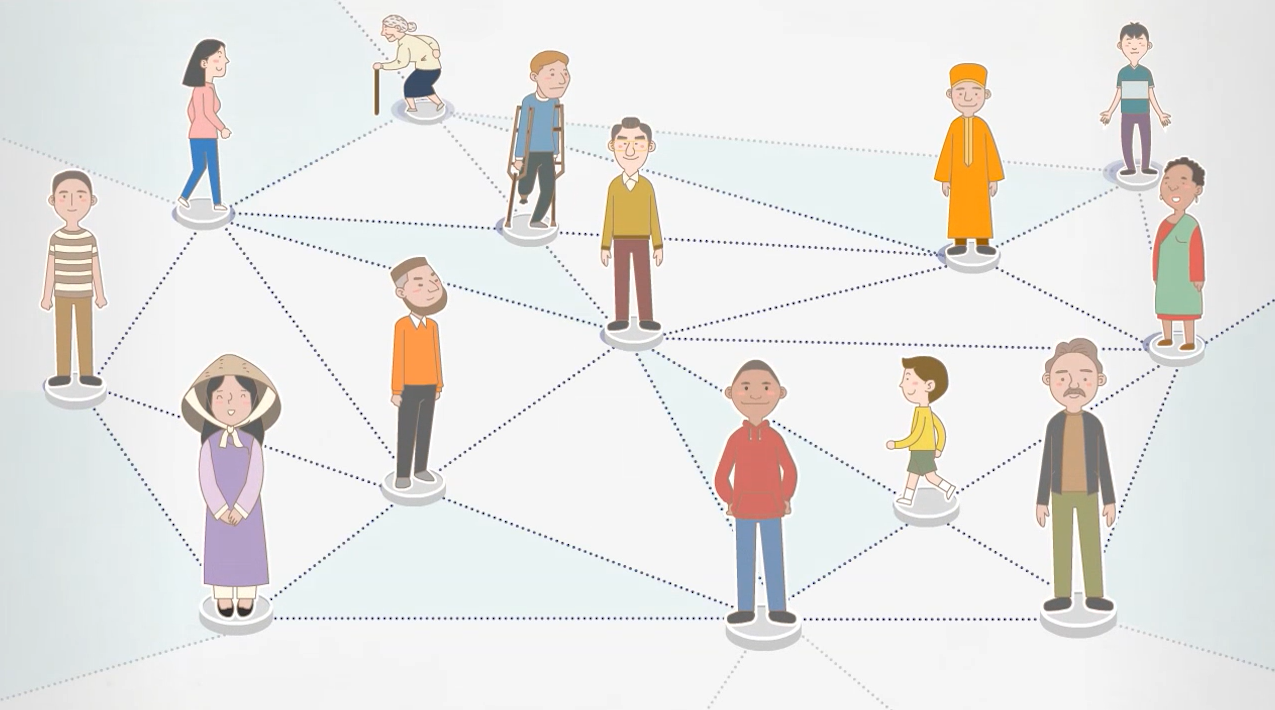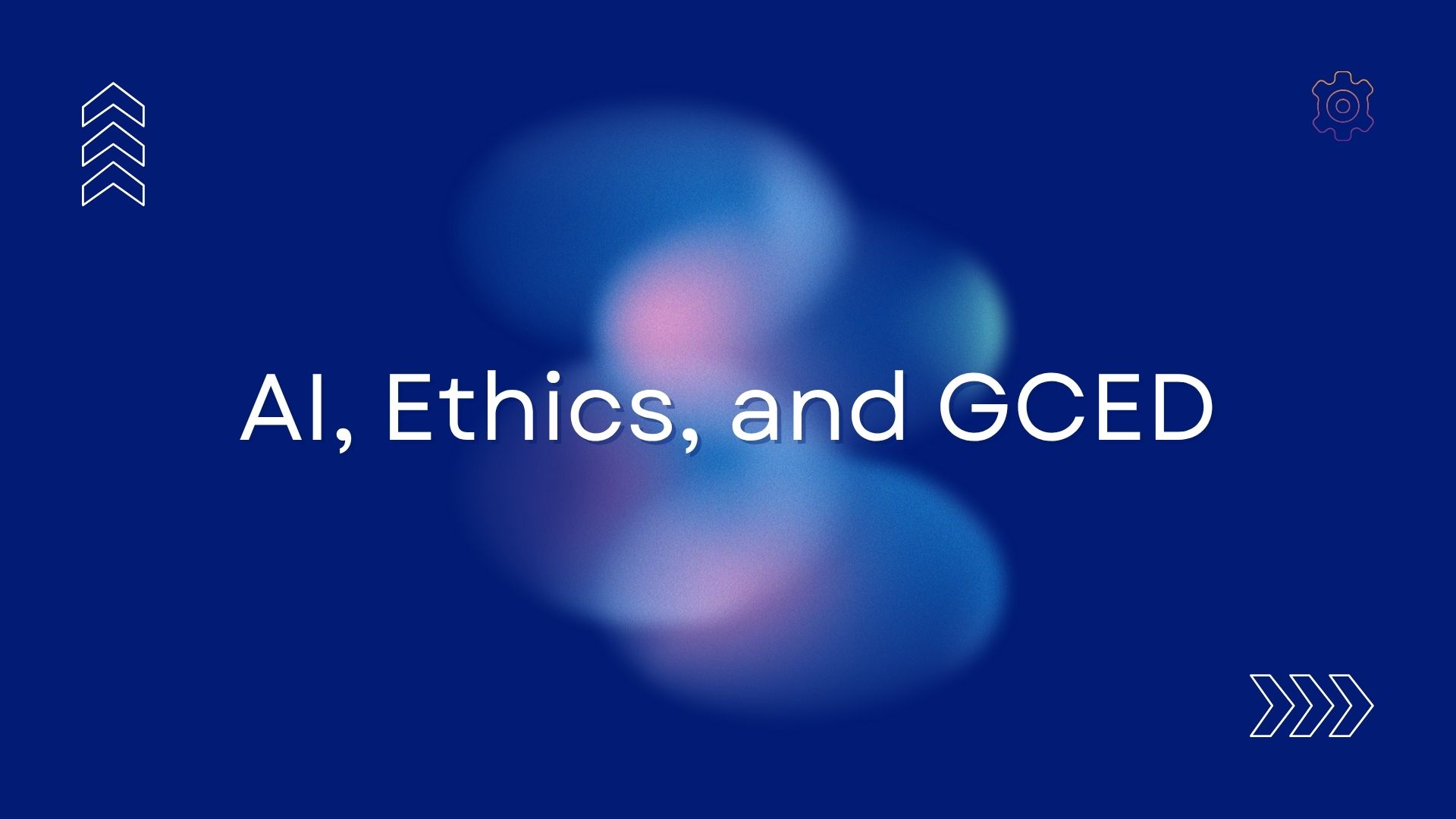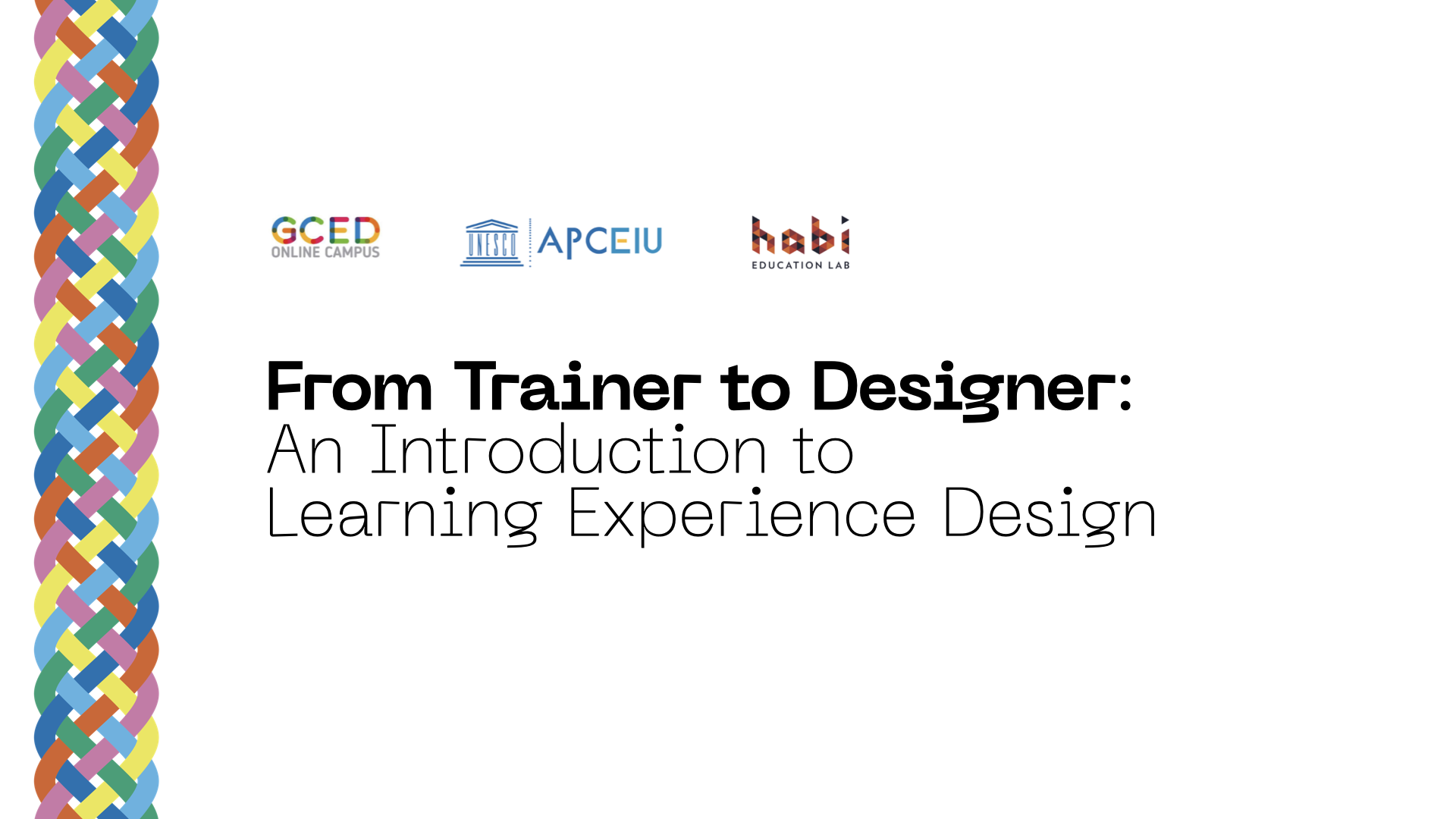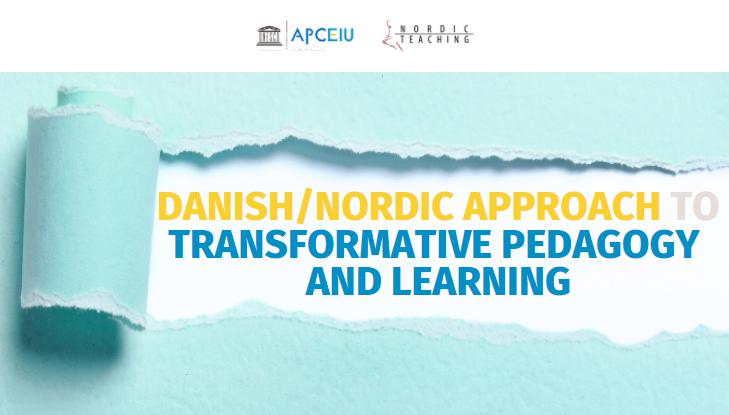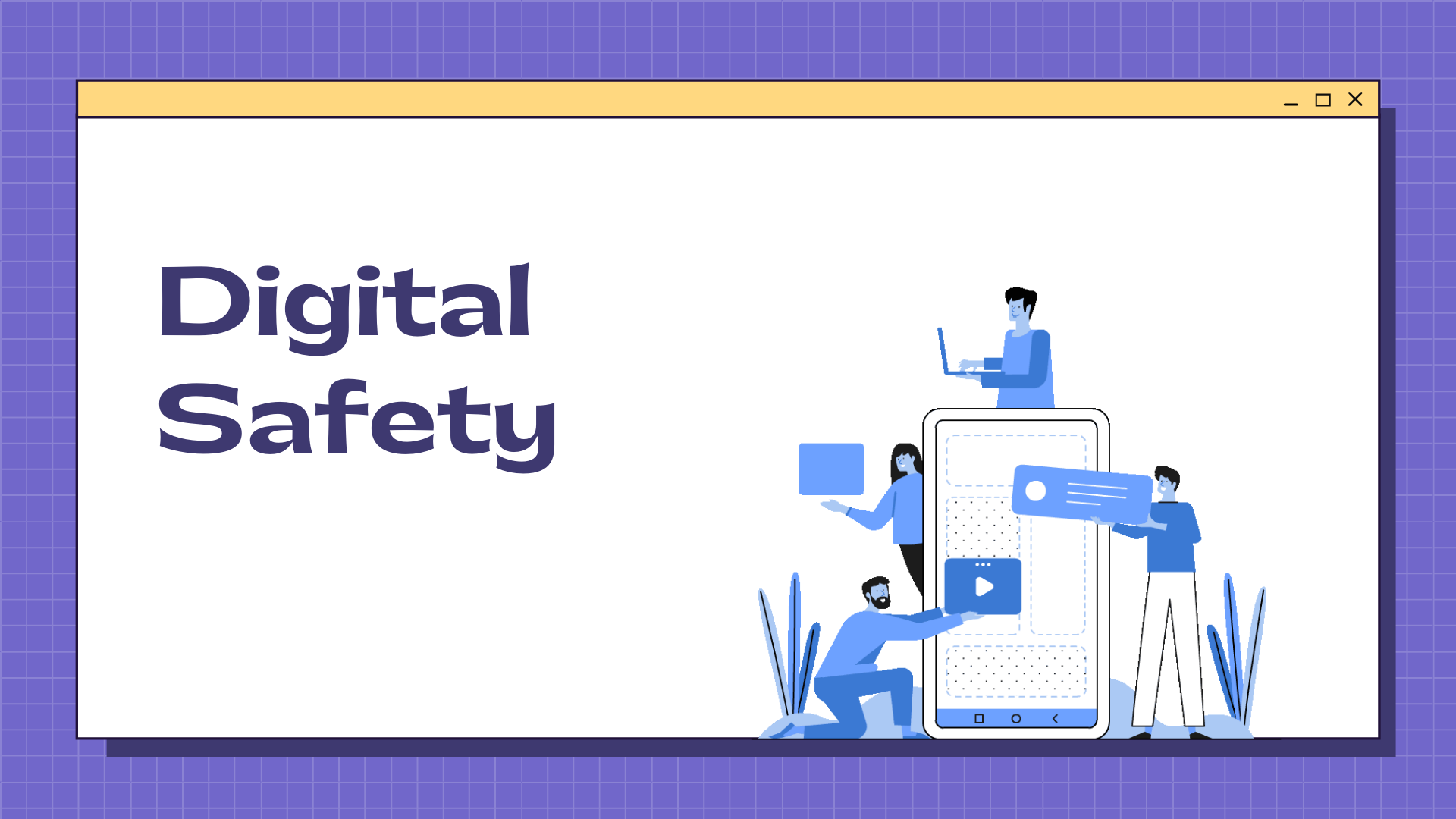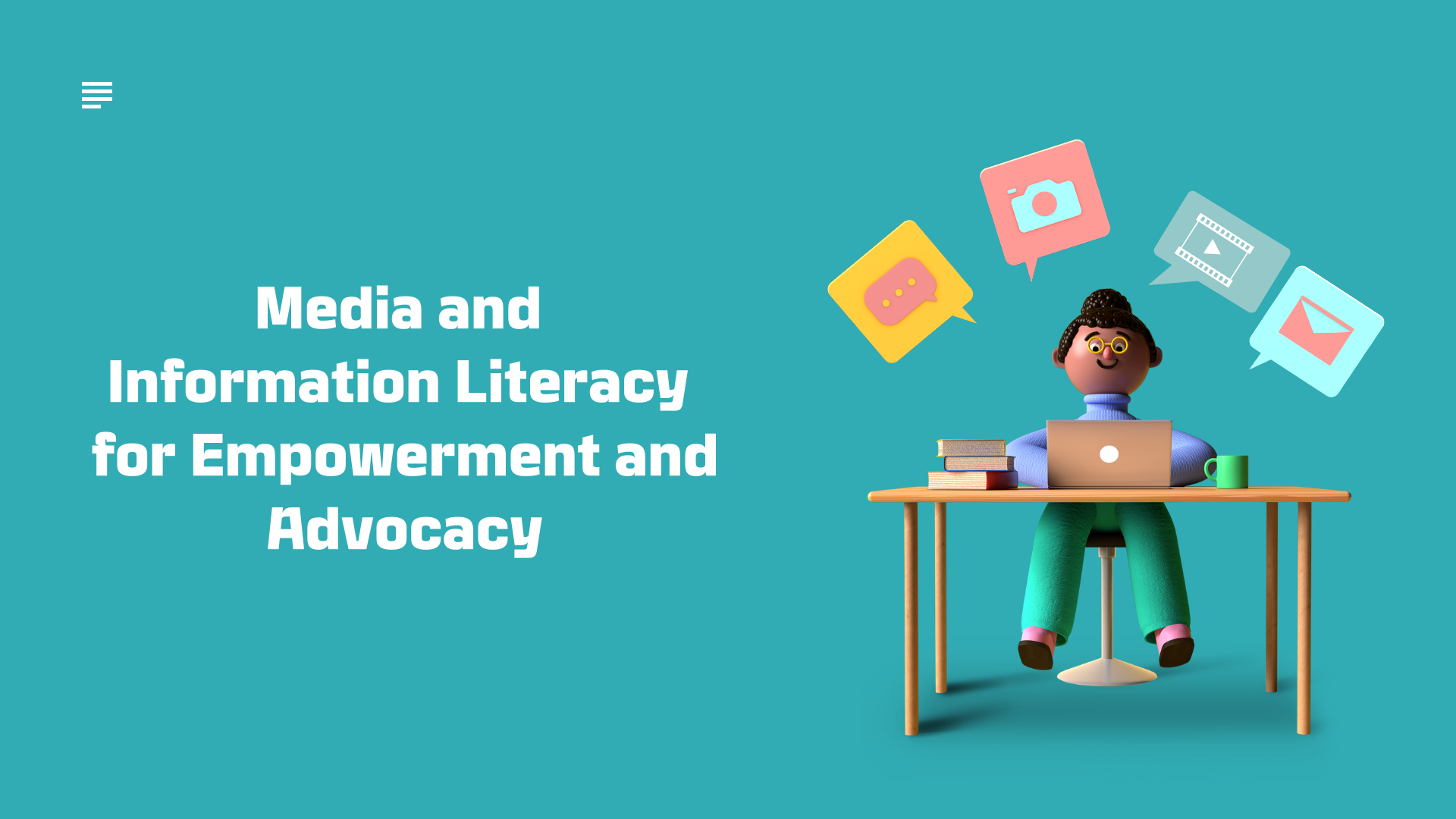- D-335
Open to Public
GCED101: Introduction to GCED (Certificate Course)
The course aims to provide an overview of the GCED (Global Citizenship Education) as well as its background, concepts under the framework of UNESCO, and guidelines for teaching and learning. The course will help participants gain an understanding of the key concepts and principles of GCED, recognize educational issues relevant to GCED, and identify pedagogical approaches to GCED. Chapter 1 The World We Live in 1 Chapter 2 The World We Live in 2 Chapter 3 The Education We Need Chapter 4 Emergence of GCED as Global Education Agenda Chapter 5 Understanding GCED within SDG4 Chapter 6 Who is a Global Citizen? Chapter 7 What is Global Citizenship Education(GCED)? Chapter 8 Thematic Areas of GCED Chapter 9 Learning Contents of GCED Chapter 10 Teaching GCED to Transform: Pedagogical Principles of GCED Chapter 11 How to Teach GCED Effectively: Teaching Strategies and Approaches Chapter 12 GCED in Practice: Teaching GCED in Classroom Certificates will be given to participants who fulfill the requirements; more than 80% of lecture attendance and submission of an assignment at the end of the course.OngoingSelf-paced - D-335
Open to Public
This interactive session explores the intersection of artificial intelligence (AI), ethics, and Global Citizenship Education (GCED). With the rapid integration of AI into classrooms and educational systems, it is increasingly important for educators to approach these technologies with a critical and ethical mindset. The session begins with a brief overview of current trends in AI, particularly in the context of education, highlighting both opportunities and emerging concerns. Participants will then be introduced to the 7 Key Requirements for Trustworthy AI, as outlined in the Ethics Guidelines for Trustworthy AI, and explore how these principles can serve as a framework for ethical decision-making. Through a series of engaging, real-world scenarios drawn from GCED contexts, participants will work in small groups to examine how AI tools may impact issues such as equity, human rights, and student well-being. Guided by GCED values—including human dignity, justice, inclusion, and responsibility—participants will analyze ethical dilemmas, apply the Trustworthy AI framework, and reflect on key questions that educators must ask when implementing AI in their teaching and learning environments. The session emphasizes dialogue, critical reflection, and practical application, equipping participants with the tools to make informed, values-based decisions about the use of AI in education.OngoingSelf-paced - D-335
GCED by Themes2
From Trainer to Designer: An Introduction to Learning Experience Design
Welcome to From Trainer to Designer: An Introduction to Learning Experience Design. This Learning Experience Design course was specially made for GCED trainers and advocates like you. At the end of the four modules, you will transform your lesson plans, training activities, and materials into rich learning experiences driven by purpose and empathy. Before we begin, here are some things you'll need to know about the course: This course is self-paced. You are welcome to engage in a way and at a schedule that is convenient for you. To help you pace yourself, we have indicated the estimated number of hours it will take to finish each module. There will also be self-check prompts that will help you assess your own outputs. This course has a project. Throughout the modules, we will guide you through the process of designing your own GCED Learning Experience. By the end of the course, you will have designed a learning experience using Habi's MISMO Framework of LX Design. This course offers options. We learn in different ways and have different levels of access and comfort with technology. We have videos, but we also have articles for those who prefer to read, or who might need low-bandwidth options. Don't forget to disable your pop-ups! Links will open in a new window. This course can be collaborative. As members of a global community, we each have our own perspectives and experiences to share with each other. We’ve created opportunities for you to exchange ideas and collaborate with your fellow learners. The forums are open and we invite you to share ideas from your contexts. You can also give each other feedback on your projects. Don't forget to follow our forum norms!OngoingSelf-paced - D-335
GCED by Themes
Danish/Nordic Approach to Transformative Pedagogy and Learning
For the last 5-10 years the holistic Danish approach to teaching, learning and forming democratic minded and responsible citizens has generated significant international interest. This is due the fact that there is a rising worldwide realization that education in the 21st Century should focus on more than just preparing students to be part of the work-force, it also needs to facilitate the formation of responsible and reflecting members of society. The Danish understanding of education is guided by the concept of "almendannelse" . A concept that entails that the purpose of teaching is to form "whole" human beings, who are willing and able to become active, reflecting and responsible members of society, and has formed an approach to teaching that focuses on academic competencies such as independent and critical thinking, "soft" social skills such as empathy and "understanding of the other, and also strives to make sure that learning is driven by inner student motivation. In this course, the instructors will concentrate on the best features of the Danish approach to transformative learning, focusing on: - Teaching independent and critical thinking - Teaching democratic dialogue - including respect for fellow students - Teaching students´ ability to reflect on their own identity as citizens - Teaching working with inner motivation During the modules the attendees will presented to pedagogical assignments/approaches to teaching, which they can try to implement in their own classes - on assignment approach related to each of the modules.OngoingSelf-paced - D-335
GCED by Themes
The use of digital media and platforms has become a seamless extension of everyday life for many people across the world, and, in response to the global pandemic, this has become even more deeply entrenched. While vast inequalities exist, digital platform use is steadily increasing across the globe. Safe navigation of these digital spaces is a critical issue.Whereas many digital safety programmes are focused on digital security, a term which mostly takes into account the protection of digital assets and information, it is vitally important that young people are given tools to maximise their digital safety, a more holistic approach that covers all aspects of potential dangers and harms might encounter in the digital space. There is no point in encouraging young people to limit their digital engagement, as traditional safety programmes have tended to do. This course will be a practical resource that takes into account the realities of our digital world.OngoingSelf-paced - D-335
GCED by Themes
Media and Information Literacy for Empowerment and Advocacy
The media, in its broadest sense (including all forms of published information across all formats) dominates our lives and informs our decision making, It is therefore essential that young people are able to recognise the many ways this content influences and impacts us, and that they have the tools and skills required to become active and critical, rather than passive, consumers of information. In turn, it is important that young people who want to make an impact on the world around them and become advocates for positive change are able to harness the power of the media and content as a tool for influence. By the end of the course, learners should be able to better evaluate the information that they consume as well as be able to identify opportunities to contribute content to regional and global conversations.OngoingSelf-paced
- About
- Courses
-
Open Courses
Open to all members of GCED
Online Campus! -
Courses by Registration
A wide range of courses with
specific topics on GCED are
available here!
-
- Resources
-
Special Lectures
Special lectures by speakers and professionals from around the world!
-
GCED in Minutes
Here we introduce a fast, fun, and friendly way of learning GCED!
-
GCED in Practice
Innovative initiatives on GCED in different corners of the world are introduced here!
-
Meet the Global Citizens
Get inspired by the stories of global citizens and get ready to start your own GCED advocacy!
-
Total 34



